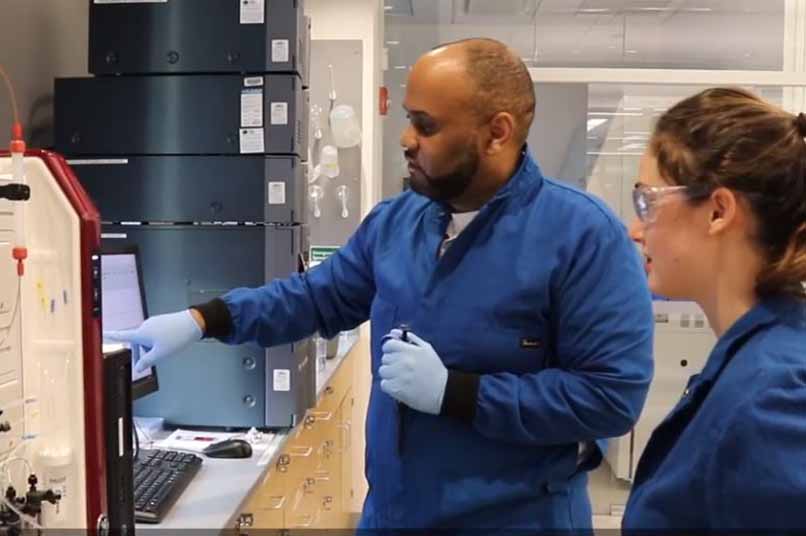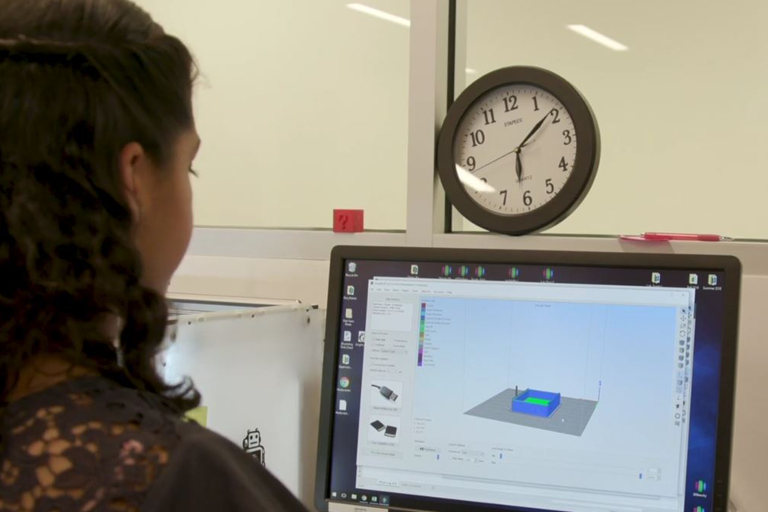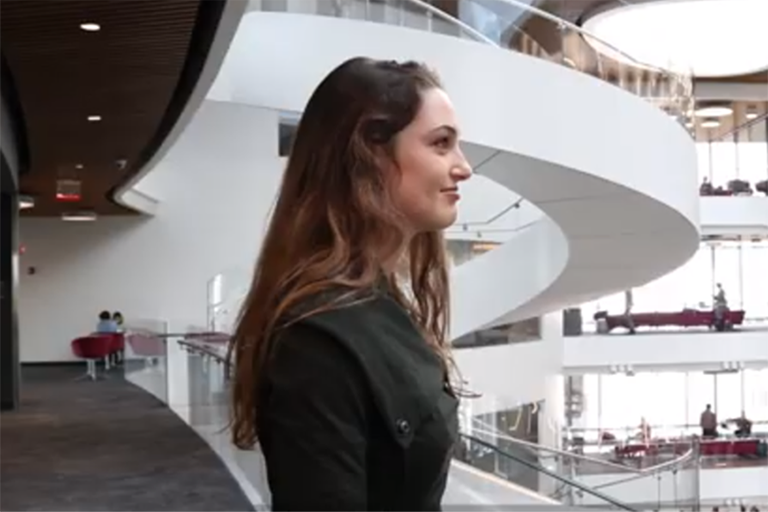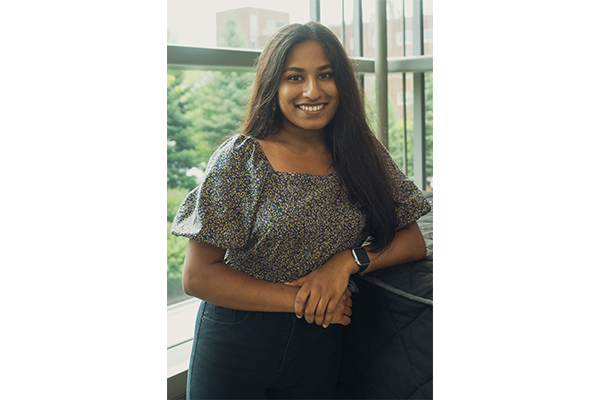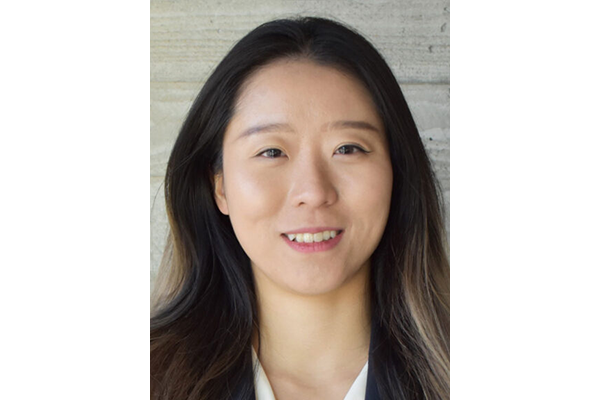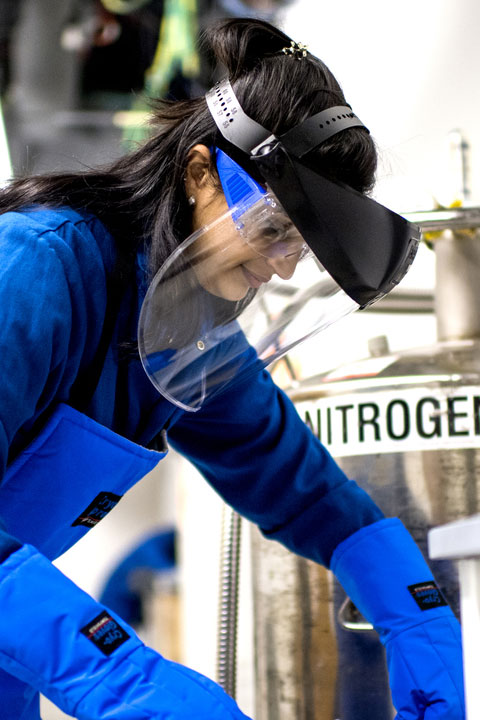
Co-op & Experiential Learning
Combining rigorous academics with a variety of experiential learning opportunities
Northeastern’s approach to education combines rigorous academics with experiential learning anchored by our world-renowned cooperative education program. Experiential learning encompasses our co-op program as well as research, global experiences, service learning, and student organizations.
Cooperative Education
Co-op affords students the chance to work in engineering practice prior to graduation. Through this program, undergraduate and graduate students gain hands-on, professional experience as well as a chance to build personal connections and contacts within their field of interest.
Bioengineering Co-op Quick Facts
- Bio-rad
- Boston Scientific
- Covidien
- Genzyme
- MIT Lincoln Labs
- Novartis
- Smith and Nephew
- Vention Medical
- Wyss Institute for Biologically Inspired Engineering
- Alternative Biofuels
- Biotechnology
- Imaging
- Medical Devices
- Nano Medicine
- Pharmaceutical
- Tissue Engineering
- Research and development
- Medical device design
- Instrumentation design
- Lab technician, manufacturing
- Advanced material
- Research and development
- $18 (sophomore)–$22 (senior)
- 30 – 40 employers in bioengineering
- Students: We meet with students to prepare them for co-op and advise them on career related matters. As faculty members, we teach co-op and career-related courses and work with students one-on-one. Both undergraduate and graduate students are eligible to participate in co-op.
- Employers: We also work closely with companies to develop quality co-op positions for our students that also provide a contribution to the employer. In order to make hiring easier, we want to understand the type of candidate hiring managers are looking for and screen candidates.
- Schedule: Undergraduate students work for 6 months, from January – June and July – December. Graduate students work for 4, 6, or 8 months at a time depending on the position and the student’s availability.
- Hours: Co-op positions are full time (40 hr/wk) during which time the student has no obligations to the school, but is focused full time on their employment – making a substantial contribution to their employer while simultaneously learning and applying course work taken to date.
- Pay: Co-ops are paid positions, with the wage determined by the employer. Co-op Coordinators collect wage information at least once a year and will share average pay ranges with employers in order to stay competitive.
- Creating a Position: To get started in the hiring process, employers are required to complete and submit a job description at: https://nucareers.northeastern.edu/employers/overview.htm
- Deadlines: Job descriptions are due at the end of January and the end of September for the Spring and Fall terms, respectively. Employers who have missed the deadlines are still encouraged to reach a coordinator, as the hiring cycle takes several months and we may still have candidates available.
Experiential Learning
Student Organizations

Erin Provost, E’19, bioengineering, designed a modified game controller for a teenager with cerebral palsy as part of the Enabling Engineering student group.
Global Experiences
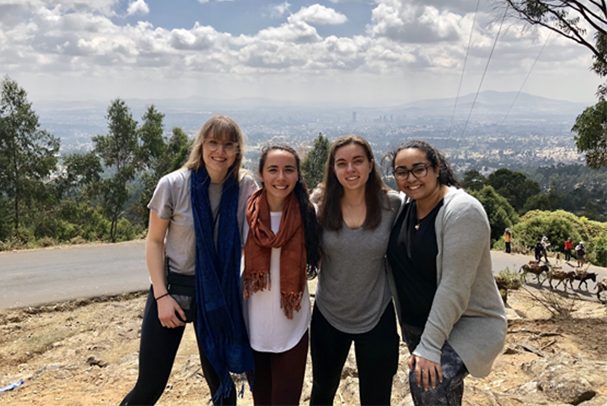
Bioengineering students traveled to Addis Ababa, Ethiopia with a faculty member for two weeks to work with biomedical technicians at St Paul’s hospital.
Student Research
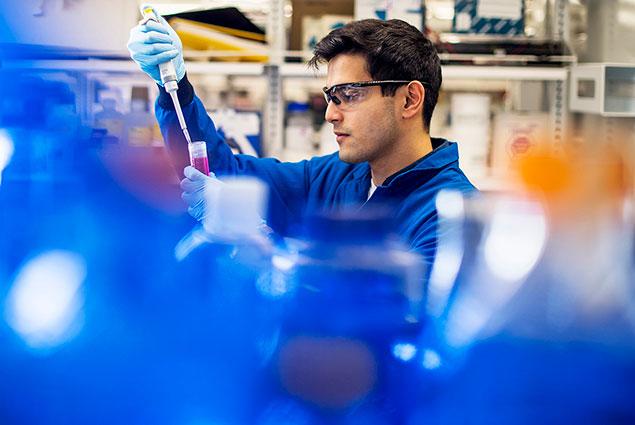
Minhal Ahmed, E’19, bioengineering, began conducting research at Northeastern the summer after his freshman year. Upon graduation, he had achieved numerous prestigious awards including the Barry Goldwater Scholarship, George J. Mitchell Scholar, and 2019 Harold D. Hodgkinson Achievement Award—one of the highest honors a senior can receive.
